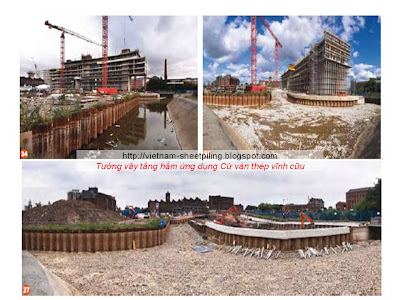
SE Asian billet import market quiet, direction unclear
Offer prices for Korean billet to Southeast Asia are prevailing at $620-630/tonne CFR, regional trading sources say. Most offers to Thailand and Philippines are prevailing at $630/t CFR. A Thai trader has heard of Korean 150 billet, albeit an unpopular size, offered at $620/t CFR Thailand.
Taiwanese billet is being offered at around $610/t CFR in the Philippines. “So especial customers are getting offers at $620/t CFR,” a trader in Manila reports. Korean billet at $620/t CFR with its 3% import duty advantage earns that it is $20/t lower cheaper when compared to billets of other origin imported into the Philippines.
The Korean and Taiwanese mills are generally offering their billet on FOB basis at $600-605/t and $595-600/t respectively, regional trading sources tell SBB. Russian billet offers are at $615-620/t CFR in the region, SBB is told. Suppliers are currently giving offers for next month's deliveries.
“It has been quiet this past week. So sellers think that the market is bottoming out and are holding back on offers. At the sales tie, buyers are not anxious to book material,” a regional trader says. Despite offer prices falling by $5-10/t since last week, most regional importers are not interested because they are aiming to book at $600/t CFR. So buyers are even expecting billet prices to fall to $580-590/t CFR.
Offers to Indonesia are at $630-635/t CFR for Korean material. No import deals are reported to have taken place, however. The dollar's recent strengthening against regional currencies has also dented buying interest. "The rupiah is weakening. This is contributing to importers' hesitation to book billet now," an Indonesian re-roller tells SBB.

Vietnamese apparent steel consumption dips 10.
Production of construction long products in Vietnam during October reached 358,000 tonnes, a fall of14.2% fro the previous month and a 19.4% decrease year-on-year, according to Vietnam Steel Association (VSA) data. Sales of longs in October at 327,000t dipped by 14.4% -o- and fell by a significant 27% y-o-y.
Cumulative production of longs during this year’s first ten months reached 4.1t, up 2.4% fro the corresponding period of 2010. Sales rose to 3.97 t, an increase of 1.5% over January-October last year.
“Apparent consumption of finished steel in January-October is estimated to have fallen by 10% year-on-year,” VSA vice-chairman and general secretary Dinh Huy Ta tells SBB. The volume of steel Vietnam imported during January-October dropped by around 1t y-o-y. “The fall in consumption of at steel is sharper than for longs. Exports of steel products rose too,” he adds.
Ta is not optimistic about the Vietnamese steel market this month because the slump in international markets – as well as the uncertain global economic landscape – has caused market players to adopt a
wait-and-see approach„
Policies implemented by the Hanoi government to rein in very high inflation, such as the setting of bank lending interest rates at nearly 20% and other credit-tightening measures, have dampened steel demand.Since inflation was 17.05% during the first ten months and is expected to reach 18% by year-end, these tight monetary and fiscal policies are expected to continue beyond this year.
The VSA tracks data fro its member steel ills that together contribute around 85% of Vietnam's long steel production.









